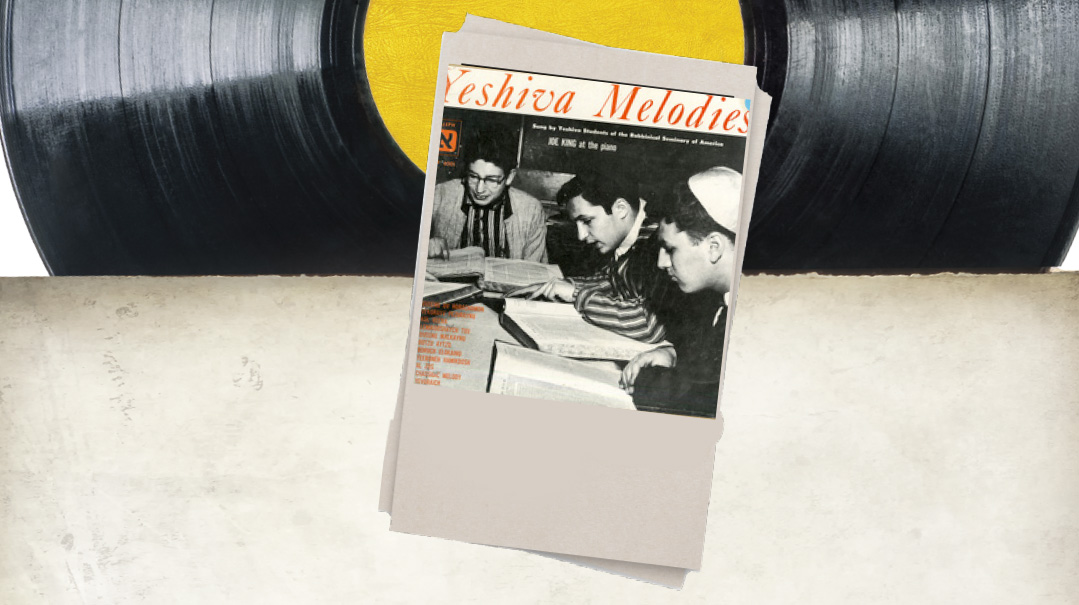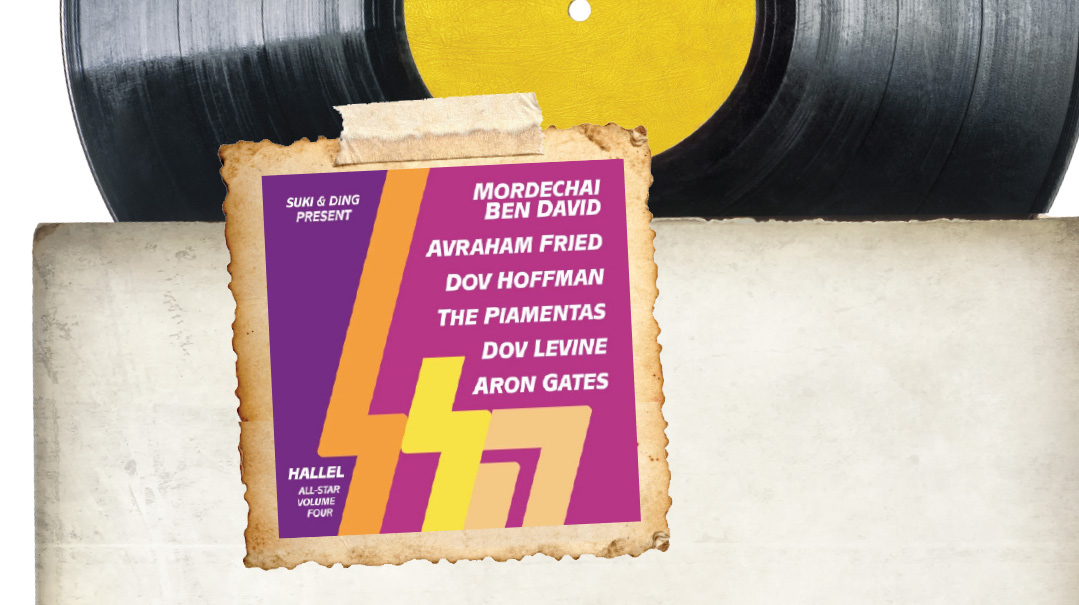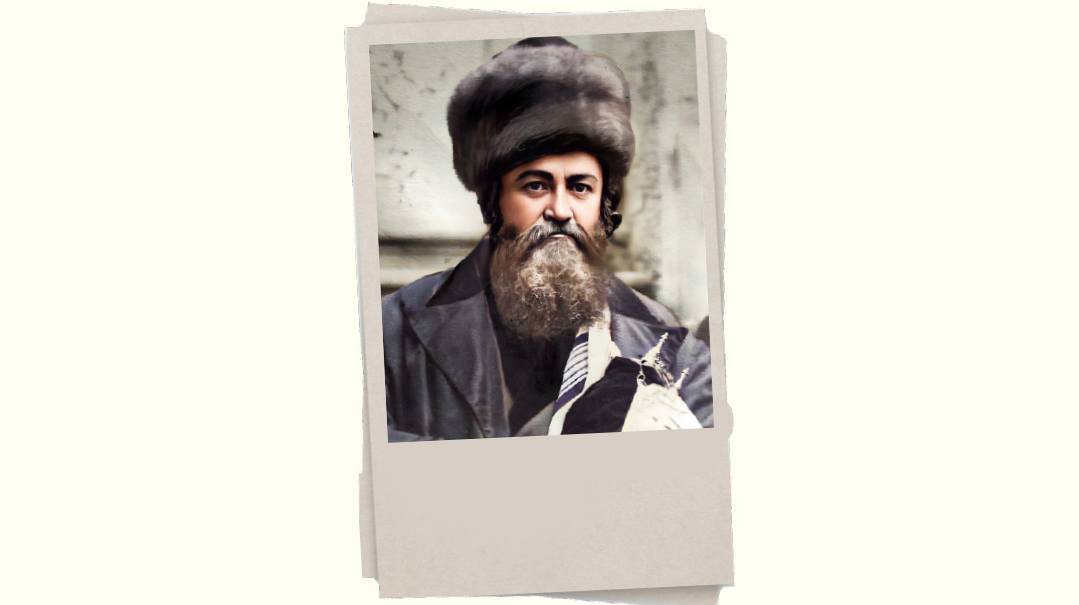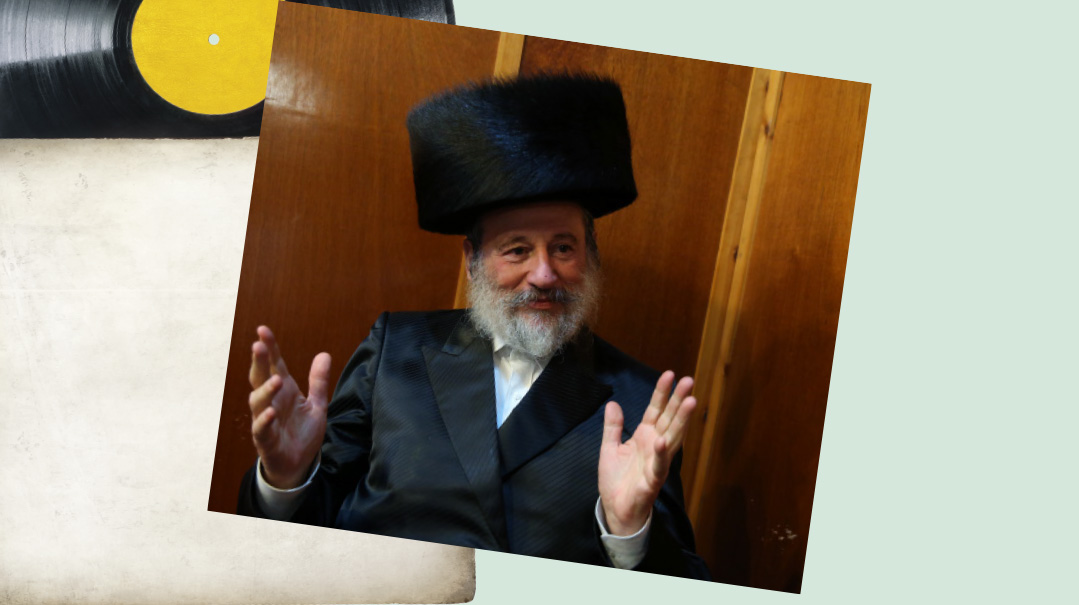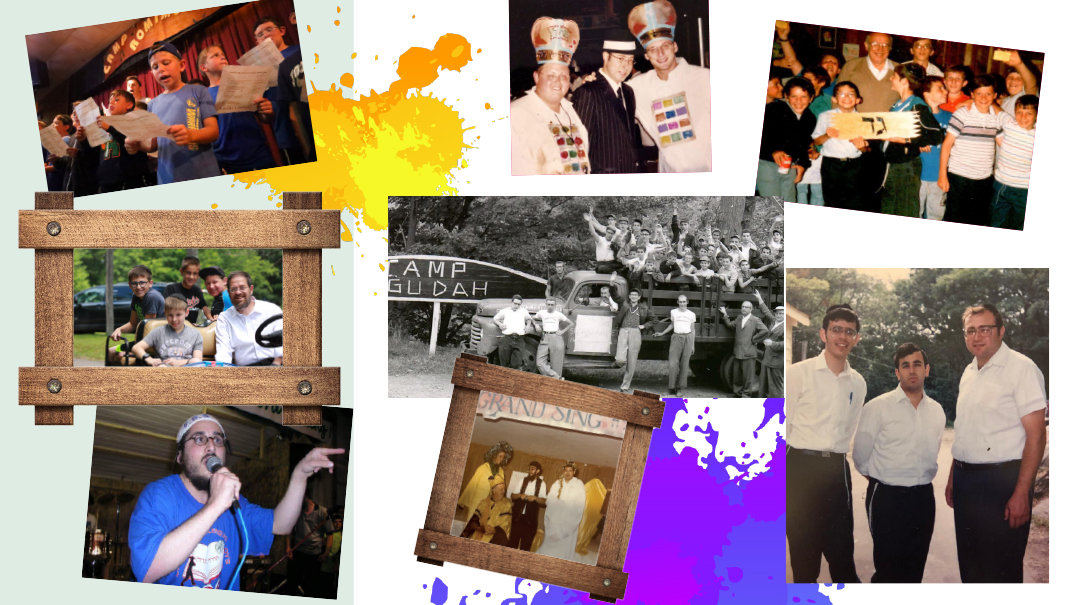I’d Rather Play and Sing

Is the highlight of camp the Grand Sing or the championship hockey game?
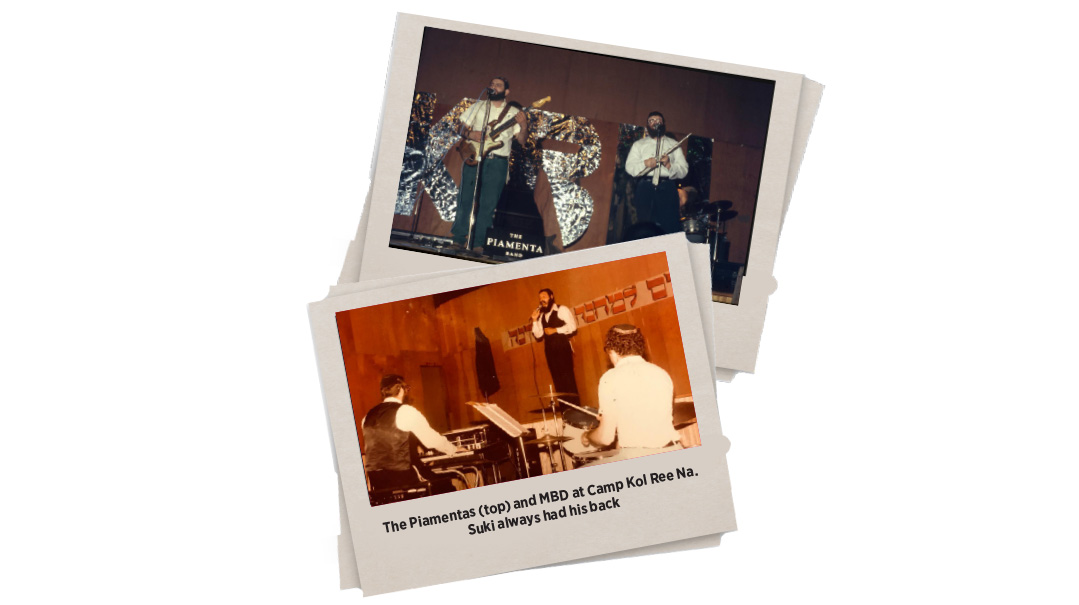
What would you say is the most exciting part of camp? Is it the sports or the music? Is the highlight of camp the Grand Sing or the championship hockey game? I’m not going to review the most amazing sports highlights over the last 50 years, but here are a few memorable musical experiences that might help you decide.
Back in 1978, Suki and I were counselors in Camp Agudah of Toronto, and at the same time we were working with Mordechai Ben David on the V’chol Ma’aminim album (yeah, we were pretty young to be producing an album). We had worked out an arrangement that he would come to Toronto and sing for the camp, and in exchange, Suki would accompany him as a one-man band in Cutlers Bungalow Colony. We were already using “V’chol Ma’aminim” as a marching song before MBD arrived, so when he came to camp, everyone already knew the song.
Dedi once did a concert at Camp Ma-Na-Vu, which took place in the camp gym with the stage right in the center of the gym floor. There was a basketball randomly lying around on the stage, and between songs, Dedi walked over, picked up the ball, and asked the campers if they thought he could sink a half-court shot. The camp responded with, “no way”, “not a chance,” but that didn’t deter him. Dedi casually gripped the ball, and swish — he sank it right into the center of the hoop! The camp went wild, and even Dedi was shocked — what did this Israeli guy even know about basketball?
The first year Suki was a counselor at Camp Agudah of Toronto in 1977 was the first time he had ever been to camp, as either a camper or a counselor. He didn’t know too much about baseball or basketball, but when it came to music, he was at the top of his game. Many regular activities ended up turning into musical events — all of a sudden, there was musical chairs, musical Bingo, musical races, and the list goes on. Suki was one of the first in the industry to play the synthesizer, which had a whole array of sound effects. He was counselor to the oldest bunk, who didn’t appreciate being woken up, but one day, he woke his bunk with loud cracks of thunder from his synthesizer. The boys jumped out of bed and put on their raincoats to make a run for the shul in the storm, but once they got outside, they were greeted by a beautiful, sunny day, without a cloud in sight.
Shloimy Dachs was just nine years old when he was given the main solo for the color war Grand Sing at Camp Torah Vodaas. But when it was time for him to perform the high part of the song, he completely blanked out and couldn’t remember it. Not knowing what to do, he began singing the high part of a completely different song. His team won — the judges told him it was pure genius putting those two particular songs together.
Yossi Toiv attended Camp Morris in 1971, the year that he and Shmuel Brazil came out with the first Ohr Chodosh album. Yossi was so excited, he ran to the office with his brand new, first-ever recording, where they would play it on the loudspeaker for the camp. When the mashgiach of the camp heard the famous “Shmelke’s Niggun,” he went into the office and told them that this song was too “Amerikanish” for Camp Morris.
When Yisrael Lamm was musical director at Camp Sdei Chemed in Eretz Yisrael, the camp would do a concert at Binyanei Ha’umah in Jerusalem, backed by a symphony orchestra. But the rehearsal took place in a small camp bunkhouse, and when the orchestra members saw the cramped little room, they weren’t expecting a professional evening, to say the least. But then the choir of 40 campers began to sing a repertoire of old classics, and some of the musicians were so moved that they began to tear up from the memories those tunes brought back.
Skipping a few decades, it was during Covid that Camp Agudah of New York moved to camp grounds in New Hampshire, and Avraham Fried was invited to sing for their concert night. He arrived a few hours early, wearing a mask. There was a group of counselors playing basketball and Avremel, masked and unrecognizable, asked if he could join. They agreed, and he began to show off his basketball skills. When they finished playing, they thanked him for a good game, still not knowing who he was. Later, when they saw him on stage, they couldn’t believe it. After the concert, they told him, “Your singing was great but your game was even better!”
(Originally featured in Mishpacha, Issue 1019)
Oops! We could not locate your form.

